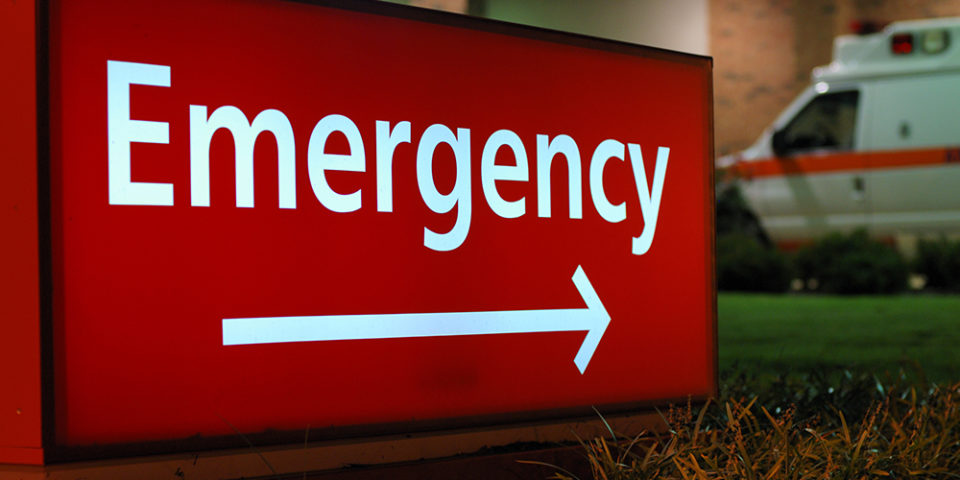When to seek emergency care for COVID-19
You’ve tested positive for COVID-19. It’s likely your symptoms will be mild and you can recover at home. But it’s important to recognize when you might be getting worse and need to seek care. Edwin Hayes, MD, offered some tips on where to go for care depending on your symptoms.
“One of the big questions people face when sick with COVID-19 is determining whether the infection is severe enough to require treatment at a hospital. Many patients will have a mild-to-moderate case that will not require special treatments beyond what they are getting at home. But some patients can have severe disease that needs to be addressed in a medical facility right away. Recognizing a severe case could be the difference between life and death,” Dr. Hayes said.
One of the best ways to gauge your situation is to contact your doctor’s office. That office will know your medical conditions and history and can make the best recommendation for further evaluation.
If you do not know if your COVID-19 symptoms warrant going to an emergency department and cannot reach your doctor’s office, Dr. Hayes said to consider these guidelines:
If you have severe symptoms
Call 911 or go to the emergency department if you have:
- High fever (103 F or higher)
- Constant shortness of breath or difficulty breathing at rest
- Ongoing pain or pressure in the chest
- New confusion
- Trouble staying awake
- Blue lips or face
- Dehydration due to severe diarrhea and being unable to keep liquids down
If you have moderate symptoms
If you have moderate symptoms, call your doctor’s office. If you cannot reach the office and are getting sicker but still do not have trouble breathing while at rest, go to an urgent care center.
Moderate symptoms include:
- Significant muscle aches and fatigue
- Diarrhea and other stomach problems
- Increasing dry, persistent cough that is getting worse
If you have mild symptoms
If you have mild symptoms, a virtual medical visit by phone or video is a good place to start. With mild symptoms, special treatment is not needed because your immune system will fight the virus on its own.
Mild symptoms include:
- Nasal congestion not related to seasonal allergies
- Runny nose not related to seasonal allergies
- Sore throat
- Mild, dry cough
- Mild body aches
- Reduced or no sense of taste and smell
Fortunately, most people who get COVID-19 have mild symptoms and can recover at home without going to the doctor’s office. Symptoms often last a few days, with people typically feeling better in about a week. Some patients will start with mild symptoms that progress to more severe disease, so it is important to pay close attention to any changes while sick.
Of course, the best thing to do is to avoid getting COVID-19. To do so, get vaccinated, practice social distancing, wash your hands frequently and wear a mask around others.
Have questions about the COVID-19 vaccine?
Find answers to frequently asked questions about the COVID-19 vaccine, including how to get the shot.


